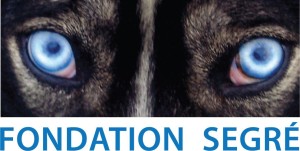Having left the Rhodope Mountains rewilding area in 2019, a pair of griffon vultures tagged with GPS transmitters have now journeyed as far as Saudi Arabia. The data from their wanderings will help conserve this locally endangered species.
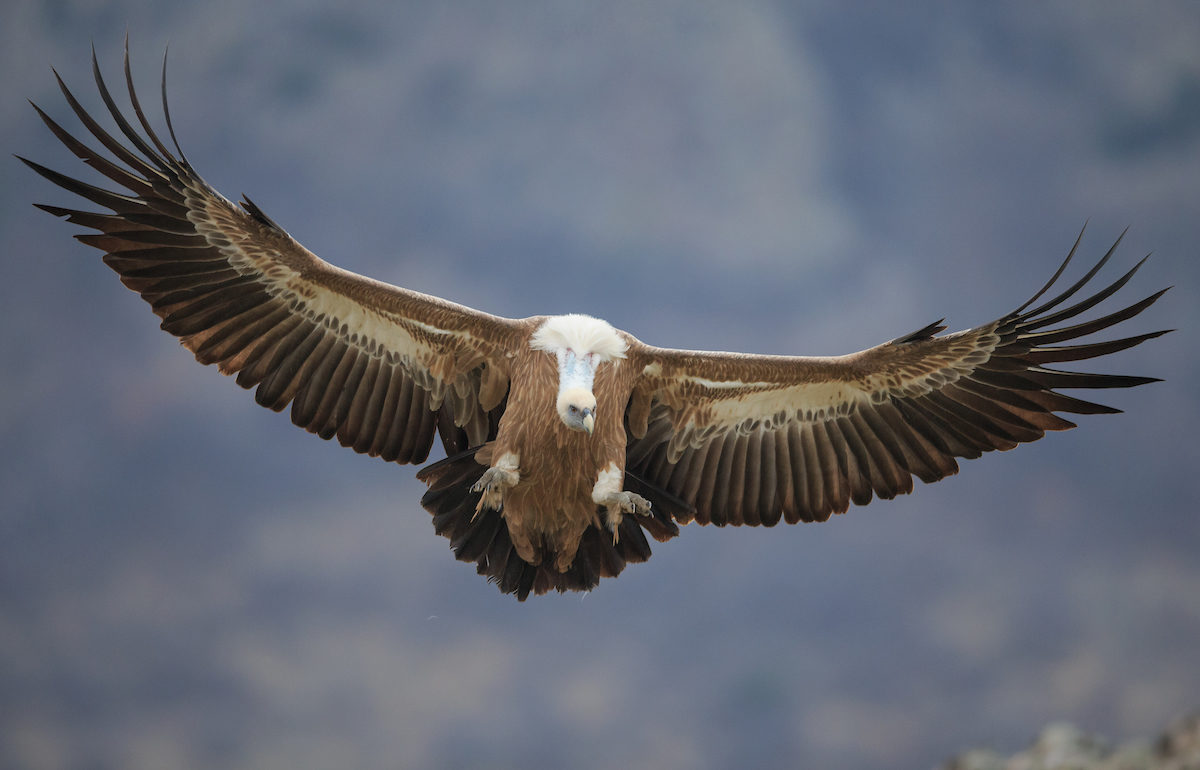
Two go travelling
Saudi Arabia appears to be a popular travel destination for the juvenile griffon vultures of the Rhodope Mountains rewilding area in Bulgaria. Data from GPS transmitters, which were fitted to two young birds from the area soon after they were born, show the pair have recently arrived in the Middle Eastern country, having spent nearly five months away from home on their wanderings.
Both vultures hatched in 2019 and embarked on their first migration southward soon afterwards. One of birds was tagged near the Sredna Arda nature area, and was therefore given the name “Sarda“, while the other vulture was tagged in a nest near Madzharovo. Both sites are located inside the Rhodope Mountains rewilding area.
“This is the first trip to Saudi Arabia for both birds,” explains Volen Arkumarev, a member of the Rewilding Rhodopes team and a conservation officer with local partner the Bulgarian Society for the Protection of Birds (BSPB). “So far the pair are doing well, searching for food, crossing paths, and even feeding together from time to time. In a month or two they should head back north and hopefully return to Bulgaria and the Rhodope Mountains.”
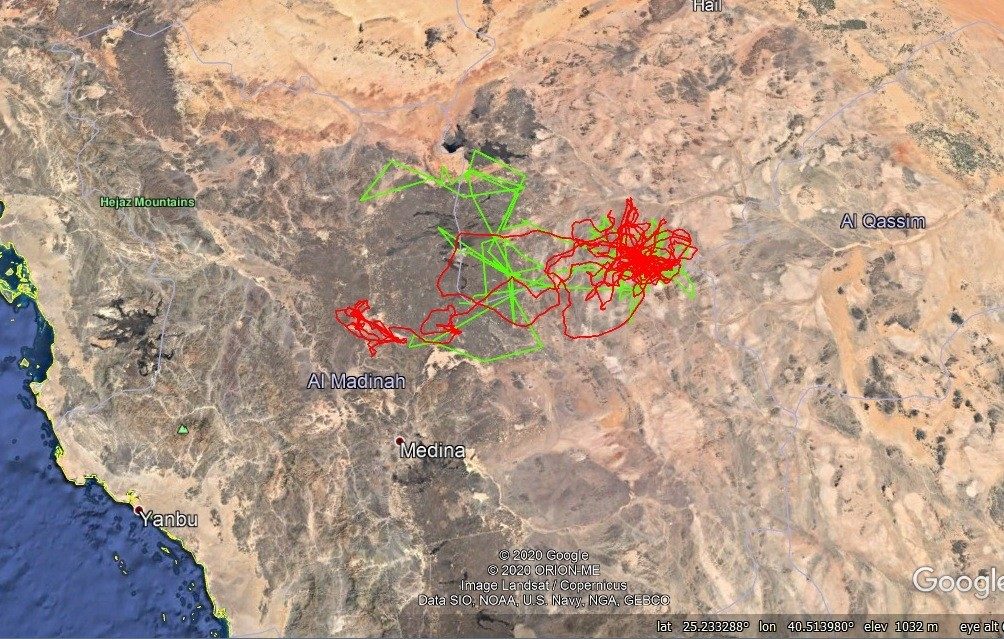
Following in the flightpath
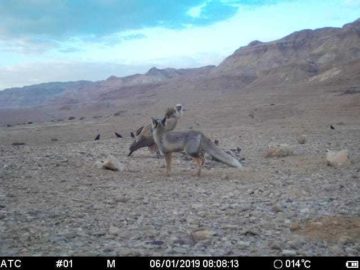
This is not the first time young griffon vultures from the Rhodope Mountains rewilding area have travelled to distant lands. Arda, another bird, has already spent several winters in Saudi Arabia. And last year Kaya chose to travel to Israel and Syria, where she was even “caught” by camera traps placed at a feeding site in one of Israel’s national parks.
The photos from the camera traps captured interesting moments from Kaya’s wanderings, with one showing the young bird sharing lunch with a fox. Shortly afterwards, Kaya was captured by Israeli ornithologists in the Negev Desert, where they capture, tag and take samples from vultures every year.
Keeping track
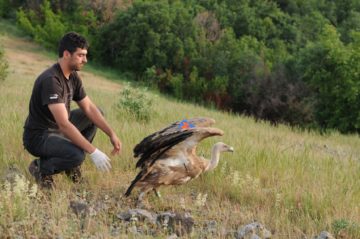
Data from the vultures’ GPS transmitters is collected on a daily basis, allowing the project team to closely monitor the movements of the birds and gain a unique insight into the places where they feed, rest and gather together. This information, in turn, will aid with conservation-related decision making going forwards.
The GPS tracking system also helps to ensure the safety and wellbeing of the vultures.
“If the GPS signal suddenly stops, or if any bird displays unusual behavior, a field check is carried out by the rewilding team, or by foreign colleagues if the bird is located outside Bulgaria,” explains Dobromir Dobrev, a vulture expert attached to the Rewilding Rhodopes team and also a BSPB conservation officer.
Cross-border project
The GPS tagging and tracking of griffon vultures by the Rhodope Mountains rewilding team is carried out under the framework of the European Commission-funded LIFE Vultures project, with additional support provided by Fondation Segré. Starting in 2016, this five-year project was developed by Rewilding Europe, in collaboration with the Rewilding Rhodopes Foundation, the Bulgarian Society for the Protection of Birds (BSPB), and a range of other partners.
Focusing on the Rhodope Mountains rewilding area, as well as a section of the Rhodope Mountains in northern Greece, the aim of the project is to support the recovery and further expansion of local black and griffon vulture populations, mainly by improving the availability of natural prey (such as fallow and red deer), and by reducing mortality through factors such as poaching, poisoning and collisions with power lines.
Want to know more?
- Rewilding Rhodopes
- LIFE Vultures
- Rhodope Mountains rewilding area
- Experience the Rhodope Mountains rewilding area with the European Safari Company


